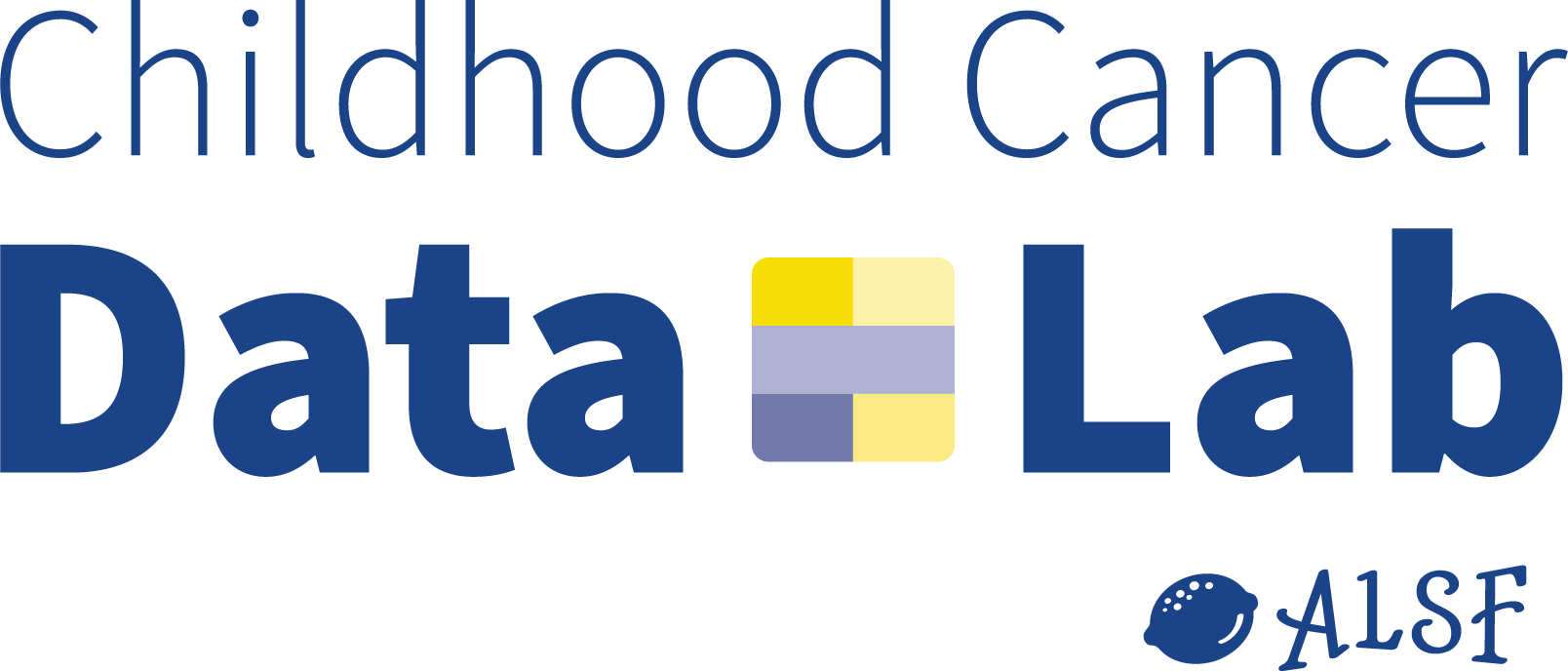Includes Bulk RNA-Seq
43 Downloadable Samples
Nucleus, Spot
10Xv3.1, visium
Bulk RNA-seq, Spatial Data
Wilms tumor (WT) is the most common pediatric kidney cancer. WT is characterized by a significant degree of intratumor subclonal histologic and genetic heterogeneity. Histology is the greatest predictor of outcome, and patients with unfavorable histology (diffuse anaplasia) account for 5% of cases, but 50% of deaths from this disease. A critical barrier to understanding therapeutic resistance in WT is that resistant cells, particularly the anaplastic population in unfavorable histology WT, may represent a minor subclone in the tumor. Therefore, prior analyses based on bulk genome and RNA-sequencing may have failed to identify new anaplasia-specific therapeutic targets because of dilution by non-anaplastic cells in the tumor. Our preliminary single-cell RNA-sequencing experiments have revealed substantial transcriptomic heterogeneity in anaplastic and favorable histology WT patient derived xenografts. However, it has been challenging to assign specific cluster(s) to the anaplastic populations unambiguously. The purpose of this project is to resolve the transcriptome of the blastemal, epithelial, and stromal cellular populations in Wilms tumor and to unambiguously identify the expression signature of anaplastic clones in anaplastic histology WT. We aim to achieve this goal by analyzing 23 favorable histology WT and 22 anaplastic histology WT with single-nuclei RNA sequencing. This study will help establish an anaplasia-specific expression signature in unfavorable histology WT. Furthermore, our approach will also identify how tumor-stromal interactions, which play a key role in therapeutic resistance, may differ between anaplastic and favorable histology components within unfavorable histology WT. The long-term intellectual impact of this study is that the expression signature established by our work is likely to advance the understanding of therapeutic resistance in this treatment refractory tumor subtype.
8 Downloadable Samples
Nucleus
10Xv3.1
Pediatric solid tumors are rare compared to common adult malignancies and they are also remarkably diverse. For example, rhabdomyosarcomas have features of skeletal muscle, osteosarcomas have features of bone and neuroblastomas have features of cells in the sympathoadrenal lineage. The diversity and rarity of pediatric solid tumors makes it difficult to accelerate biomedical research that can improve patient outcomes. For example, even with the large number of patients treated at St. Jude, it can be difficult to obtain fresh pediatric solid tumor tissue that is suitable for single cell sequencing. To overcome this barrier in the field, we have developed carefully validated methods to process fresh and frozen tissue for single-cell or single-nucleus RNA-sequencing. Our data show that we can capture the transcriptional heterogeneity of the tumors and the complexity of the tumor microenvironment using single-nuclei RNA-sequencing of patient tumors from the St. Jude biorepository. In addition, over the past 9 years, we have generated 166 orthotopic patient derived xenografts (O-PDXs) representing 21 different pediatric solid tumor types. The O-PDXs and corresponding patient tumors have undergone some of the most comprehensive characterization of any pediatric cancer model including detailed analysis of the clonal heterogeneity (Stewart et al. Nature, 2018). We performed single-cell or single-nuclei RNA-sequencing of 5 tissue samples from Wilms tumor patient tumors and 3 matched O-PDXs as part of a larger effort to perform single-cell/single-nuclei RNA-sequencing on a large cohort of patient tumors and O-PDXs. This research proposal will fill a fundamental gap in our knowledge of the transcriptome heterogeneity across pediatric solid tumor clones and of the normal cells found in the tumor microenvironment.
We would greatly appreciate if you cite the listed publications when using this data.

